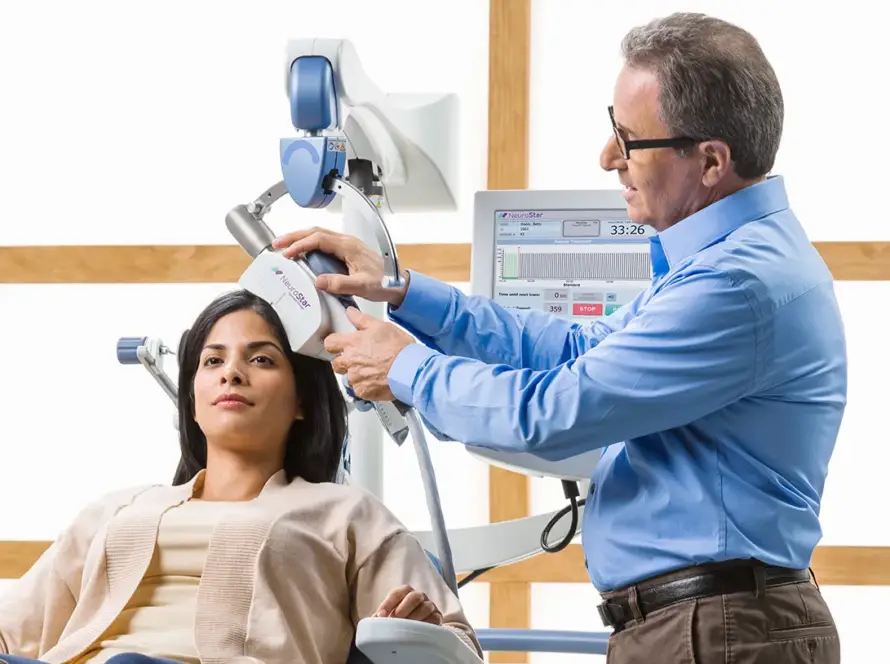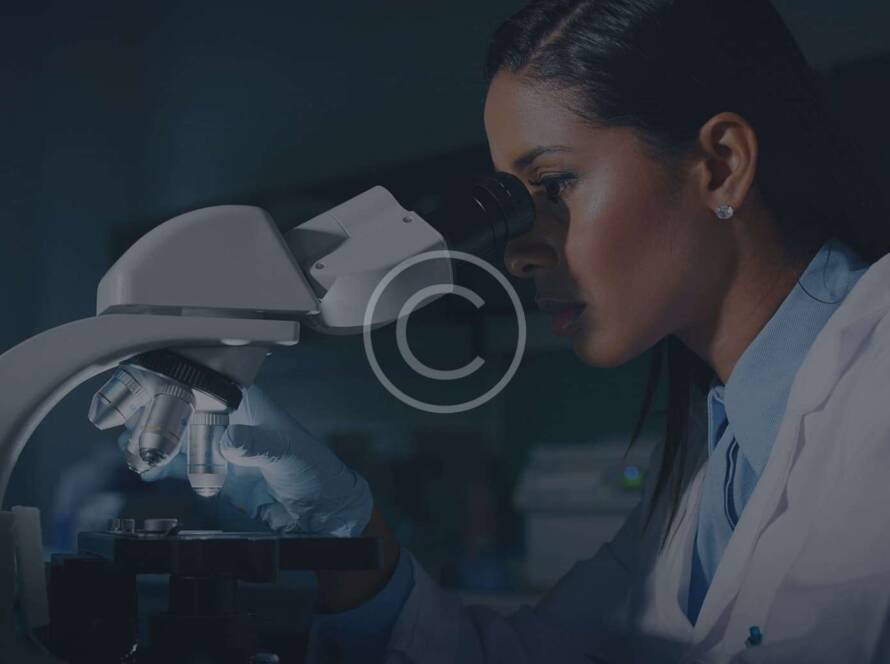Introduction: A New Era of Hope
Depression and anxiety require no introduction because it is amongst the most chronic mental health problems experienced on a global scale today with millions of people suffering. In spite of the gravity of these conditions, help is easier than one could have ever imagined. From traditional approaches to non-invasive depression treatments like TMS and groundbreaking future therapies, individuals have a wealth of options.
At Texas TMS Center, we believe that understanding your choices is the first step toward recovery. This guide enlists the best therapies for depression and anxiety to give you the confidence to make informed steps towards mental health.
1. Conventional Methods of Dealing with Depression and Anxiety
The conventional therapies have been the backbone for mental health treatment for decades. They are valuable particularly when made customized depending on one’s needs.
Psychotherapy: A Pillar on Mental Health Care
Psychotherapy, especially Cognitive Behavioral Therapy (CBT), remains one of the most effective and best-known methods for treating both depression and anxiety. CBT assists patients with replace negative thinking patterns with coping mechanisms. Therapy sessions are organized and goal-oriented and in the long run, patients are able to tell what has led to their agony.
Other forms of therapy, such as Dialectical Behavior Therapy (DBT) and Psychodynamic Therapy, can also be tailored to suit individual preferences. Such
approaches may be extremely helpful for patients suffering from trauma, personality disorders, or chronic emotional pain.
At Texas TMS Center, we often integrate psychotherapy into our patients’ treatment plans to enhance the benefits of advanced therapies like TMS.
Antidepressants: A Common First-Line Option
Antidepressants like SSRIs, SNRIs or tricyclics are commonly prescribed medications helping millions achieve emotional stability. However, there may also be side effects, such as: weight gain, fatigue, sexual dysfunction, and emotional numbing. Side effects vary, with some individuals experiencing minimal side effects.
In some cases, medication may not be effective or side effects will be more than the benefits. That’s when many begin seeking alternatives to antidepressants, like TMS treatment for major depressive disorder.
Lifestyle Changes: Building a Healthier Mental Foundation
Life style choices affect mental health to a great extent. Regular exercise, nutrient-rich diets, and adequate sleep can boost mood-regulating neurotransmitters like serotonin and dopamine.
● Nutrition: Omega-3s, complex carbs, and leafy greens are good for brain health.
● Exercise: 30 minutes of mild work out every day reduces anxiety and enhances mood.
● Sleep hygiene: Bad sleep is one of the leading causes of both depression and anxiety.
● Interpersonal Relationships: Healthy relationships with family, friends and colleagues, feeling connected to community can help improve ones mental health. Sometimes we go through periods of life feeling lonely and disconnected.
Healthy lifestyle changes are foundational to good mental health. While sometimes not a complete solution, it lays the groundwork for sustainable mental well-being
2. Alternative Therapies: Natural & Holistic Healing Paths
Many individuals look for holistic, non-drug solutions. These alternative therapies can be great tools for people who prefer a natural path.
Yoga, Meditation, Breathwork, and Mindfulness
Mind-body practices are becoming top-rated alternatives to antidepressants. Research proves they manage cortisol (stress hormone), help to regulate emotions and increase self-awareness.
● Yoga: Stimulates physical power, a clear mind and ability to withstand the emotional stresses and strains.
● Meditation & Mindfulness: Alleviate intrusive thoughts and relax the nervous system.
● Breathwork: Stimulates the parasympathetic nervous system, thus relaxing anxiety.
These are cost-effective, accessible, and self-empowering tools that provide a non-invasive depression treatment path.
3. Latest Therapies: Innovations Changing Lives
Science brings new powerful methods of treatment to people who have not been able to find results through such conventional paths.
Transcranial Magnetic Stimulation (TMS)
TMS Therapy in Houston is transforming how we treat major depressive disorder without medication. This FDA-approved technique uses targeted magnetic pulses to stimulate brain regions associated with mood control.
Why Choose TMS?
●Non-invasiveand medication-free
● Small side effects, including mild scalp discomfort ● Ideal for treatment-resistant depression
Effectiveness proven through years of clinical research.
At Texas TMS Center, our expert clinicians customize each treatment plan to maximize results. We have assisted in the restoration of joy and functionality in the lives of hundreds of our patients without daily medications.
Common Questions:
Is TMS therapy painful?
No. The majorityof the patients only feel light taps on the scalp.
What TMS treatment side effects are there?
Some of the common side effects include scalp sensitivity or mild headache which normally resolves 15-30 minutes after treatment– far less severe than antidepressants’ side effects.
Looking for the best TMS therapy center in Houston? Texas TMS Center offers free consultations and a state-of-the-art facility.
Ketamine Therapy
Originally used as an anesthetic, ketamine is now being offered at select mental health centers for rapid depression relief. It works on glutamate system of the brain to produce results in hours to days.
Key Benefits:
●Fast relief, even for suicidal thoughts
●Works differently than SSRIs
●Often effective after just 1–3 treatments
Though not for everyone, ketamine therapy is a top solution for urgent depression cases. However, proper administration and monitoring are critical due to its dissociative effects and potential for abuse.
4. Future Therapies: What’s Next in Mental Health Treatment
Clinical research in mental health is progressing quickly, inspiring people with hope for more treatment options for depression and anxiety.
Psychedelic-Assisted Therapy
Psychedelics such as psilocybin, DMT, Ibogaine and MDMA are being researched in their ability to “reset” brain patterns. These compounds under medical guidance along with guided therapy may help patients tap into, and work through deeply rooted trauma.
Ongoing Research Shows Promise:
● Psilocybin therapy for major depression ● MDMA PTSD and anxiety therapy
●Longterm effect even after a few sessions.
While not yet FDA-approved outside of clinical trials, these therapies are shaping the future of depression treatment. At Texas TMS Center, we’re closely monitoring this space to potentially offer next-generation mental health care as it becomes available.
Final Thoughts: The correct Treatment for You
The path to mental wellness is very personal. Whether you choose psychotherapy, lifestyle adjustments, alternative practices, or cutting-edge options like TMS therapy, the goal is the same: a healthier, happier life.
If you’re ready to move beyond trial-and-error treatments, it‘s time to explore non-invasive, drug-free options that truly work.
Texas TMS Center is your trusted partner in advanced mental health care. Our board-certified staff will do their best to get you meaningful results. Whether you’re exploring TMS for depression, seeking alternatives to medication, or simply want expert advice—we’re here for you



